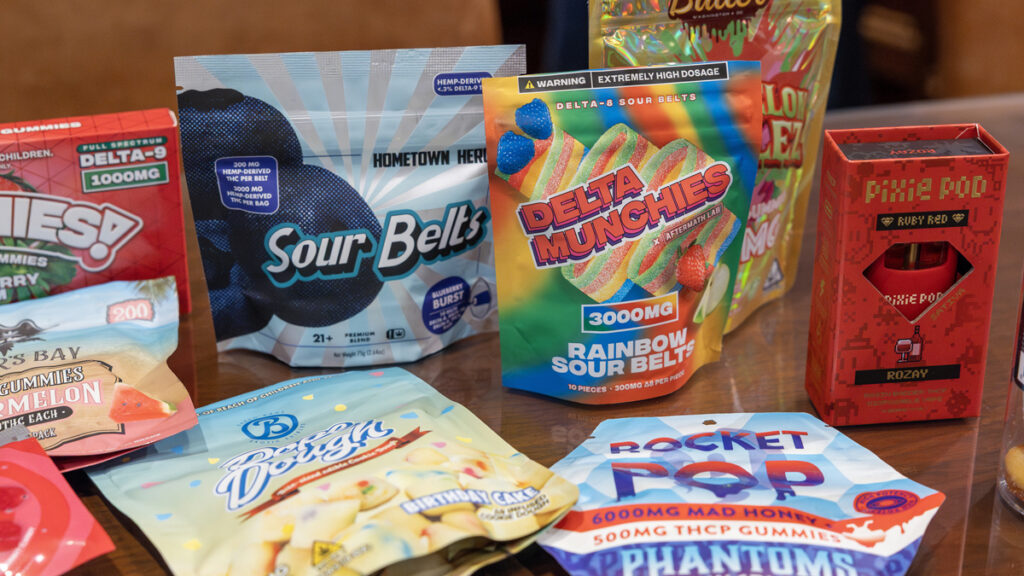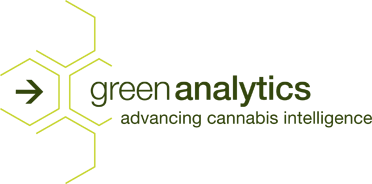
Many states are working quickly to engage in new legislative and regulatory initiatives to take control of the flow of intoxicating hemp-derived products which emerged as a result of a loophole in the 2018 Federal Farm Bill. This created an unintended regulatory gap that permits synthetic drugs and high-THC marijuana products to be marketed as “hemp” –without any regulation, testing or taxes.
A recent study of hemp-derived products in California revealed that 95% of tested products contained prohibited synthetic cannabinoids linked to serious health risks. In another study, 70% of CBD gummy products acquired online were found to differ from their labeled content by more than 10%. More troubling, 39% of the tested CBD products contained psychoactive delta-9 tetrahydrocannabinol (THC) and delta-8 THC which were not mentioned on the label at all. And worse, many of these products are designed and packaged intentionally to appeal to children. The risks of untested and mislabeled products from an unregulated market will continue to be a public safety threat until something more can be done.
Until the Farm Bill can be changed, states must address these risks on their own in the interest of public safety and consumer protection. “More than 40 states have enacted laws to restrict, ban, or regulate intoxicating hemp products. These new frameworks include revised statutory definitions, THC potency limits, minimum age requirements, and prohibitions on chemical conversion processes.” said Chris Lindsey, vice-president of the American Trade Association for Cannabis and Hemp, a Washington, D.C.-based lobby group.
Perhaps the strongest response has been in California which instituted a temporary ban on the sale of hemp-derived THC products last year and will likely become permanent. This could cost the state $602M in the first year, the closure of 115 businesses, and the loss of nearly 19,000 jobs over 5 years.

Despite his veto of an earlier proposed ban, Texas Gov. Greg Abbott supported a new Senate bill that would ban any product with more than 3 milligrams of delta-9 THC. The ban would include THCA flower and any artificial or synthetic cannabinoids. If enacted, the ban would land a devastating financial blow to the thriving $5.5 billion Texas market, believed to be the nation’s largest.
The Pennsylvania Senate Law and Justice Committee recently held a “Hearing on intoxicating hemp products” to gather testimony from industry advocates, stakeholders, and law enforcement officials. Senator Dan Laughlin (R), Majority Chair, suggested there was an “appetite for clarity” for moving forward with meaningful action. Pennsylvania appears well-positioned for the future as both Adult Use proposals under consideration in the legislature (SB120, HB20) anticipate the presence of intoxicating hemp-derived products in the legal cannabis markets. However, enabling legislation is still needed in Pennsylvania to initiate any new regulatory action moving forward.
Although future restrictions will have immediate consequences for current operators, the goal is to encourage the legacy hemp stakeholders to participate in the new legal markets. Expect the rapid pace of regulatory changes around intoxicating hemp-derived products to increase through 2026 as more states move quickly to protect public health from the unregulated market.
The mounting fiscal pressure in Pennsylvania from an open state budget and the additional funding now needed from unanticipated federal cutbacks could be just the stimulus needed to drive a bipartisan agreement toward a regulated pathway for intoxicating hemp-derived products in a new Adult Use cannabis program.

